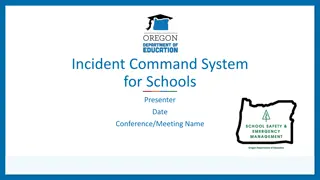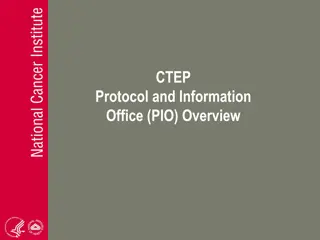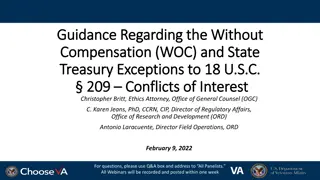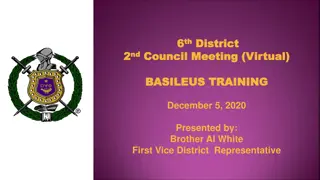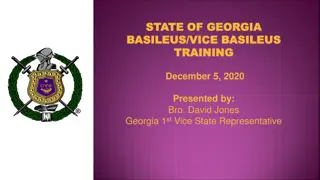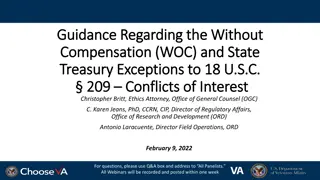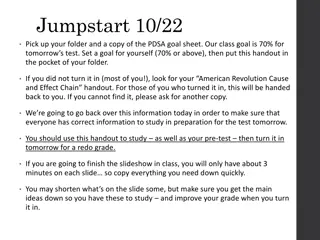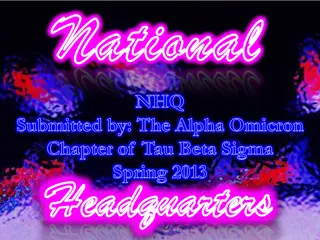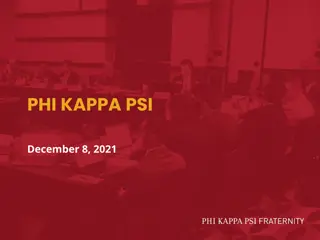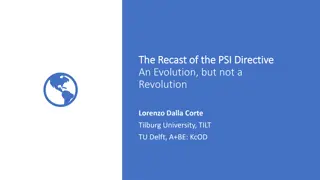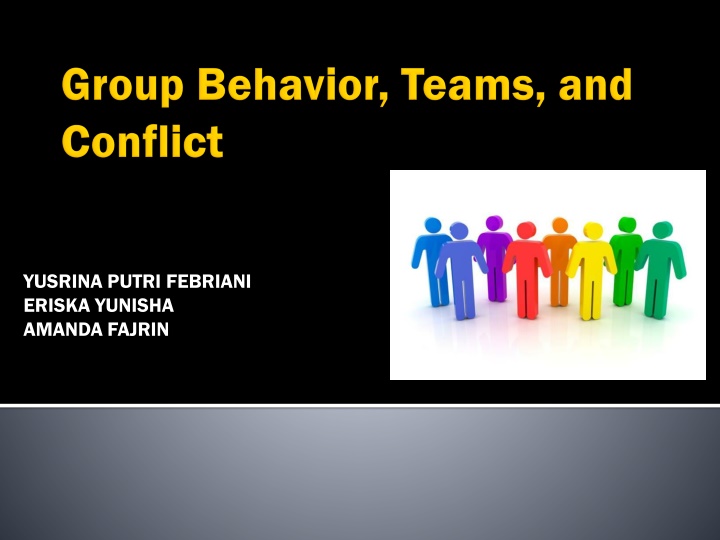
Understanding Group Dynamics and Team Development
Explore the concepts of group dynamics, team development, conflicts, and perceptions within teams. Learn about the factors that contribute to effective teamwork, common challenges faced by teams, and strategies for successful collaboration.
Download Presentation

Please find below an Image/Link to download the presentation.
The content on the website is provided AS IS for your information and personal use only. It may not be sold, licensed, or shared on other websites without obtaining consent from the author. If you encounter any issues during the download, it is possible that the publisher has removed the file from their server.
You are allowed to download the files provided on this website for personal or commercial use, subject to the condition that they are used lawfully. All files are the property of their respective owners.
The content on the website is provided AS IS for your information and personal use only. It may not be sold, licensed, or shared on other websites without obtaining consent from the author.
E N D
Presentation Transcript
YUSRINA PUTRI FEBRIANI ERISKA YUNISHA AMANDA FAJRIN
Definisi menurut Gordon (2001), dia percaya bahwa untuk kumpulan orang-orang disebut kelompok harus memenuhi empat kriteria sebagai berikut: 1. Multiple members who perceive themselves as a unit 2. Group rewards 3. Corresponding effects 4. Common goals
Assignment Physical proximity Affiliation Identification Emotional support Assistance or Help Common interests Common goals
Group cohesiveness Group homogeneity Stability of membership Isolation Outside pressure Group size Group status Group Ability and Confidence Personality of the Group Members Communication Structure Group Roles
Audience effects Coaction Explaining social facilitation effects Social Loafing
INDIVIDUAL DOMINANCE GROUP THINK INDIVIDUAL VS GROUP PERFORMANCE TEAMS WHAT IS A WORK TEAM? -Identification -Interdependence -Power Differentation -Social Distance -Conflict Management Tactis -Negotiation Process
Work Teams Parallel Teams Project Teams Management Teams
HOW TEAMS DEVELOP WHY TEAMS DON T ALWAYS WORK -The Team Is not a team -Excessive Meeting Requirements -Lack Of Empowerment -Lack Of Skill -Distrust Of Team Process -Under Objectives
Konflik: Reaksi secara perilaku atau psikologis yang menjadi penghambat dalam pencapaian sebuah tujuan Persepsi: komponen penting dalam konflik, karena biasanya konflik terjadi karena adanya perbedaan persepsi, tujuan, atau intensi
Dysfunctional conflict: Menurunkankinerja kelompokdanmenurunkankepuasankerja anggotakelompok Functional conflict: Meningkatkankinerja kelompok(Menstimulasiide-ide baru, meningkatkankeeratanantaranggota, kompetisisehat, jugaefektivitaskelompok)
Interpersonal conflict: konflikantaradua individu Individual-group conflict: konflikantara individudankelompok Group-group conflict: konflikantaraduaatau lebihkelompok
Perebutansumberdaya Ketergantungandalampengerjaantugas Ambiguitasjuridiksi Hambatandalamberkomunikasi Perbedaankepercayaan Perbedaankepribadian
Avoiding style (menghindar, pergi, keluar) Accomodatingstyle (sangatberusaha menyelesaikankonflikwalaujika mengorbankandiri) Forcing style (terlalumemaksakanmenang) Collaborating style (win-win solution) Compromising style (kompromi, give and take)
Coba selesaikan sendiri terlebihdahulu, karena seharusnya pegawai memiliki skill penyelesaian konflik yang didapatkan dari training yang diberikan oleh kantor Jika tidak dapat diselesaikan sendiri, baru menggunakan bantuan dari pihak ketiga untukmenyelesaikan
Mediasi: Pihak ketiganetral, dia menjadi fasilitator komunikasi antara dua belah pihak, namun tidak membantu dalam mengambil keputusan Arbitrasi: Pihak ketigamendengar argumendari keduabelah pihak, lalu membuat keputusan



